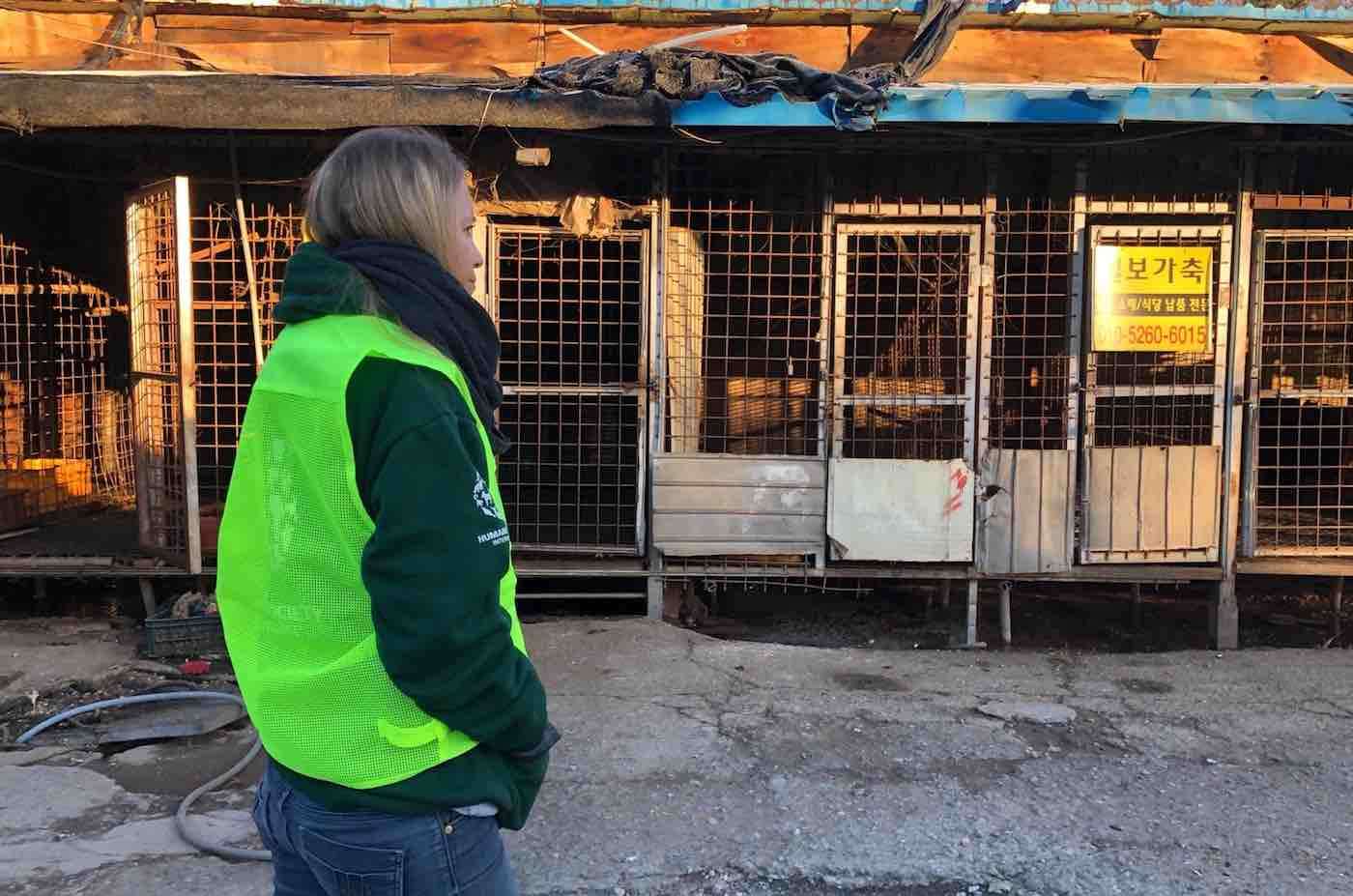This Simple Solution for Pollution Kept 815 Pounds of Trash Out of the Water-Make Sure Your City Does it
It's such a simple, cost-effective solution that can have such a big impact on the environment and your water supply.

Animal rights activists are rejoicing over South Korean officials closing down the largest dog meat slaughterhouse in the country.
The Taepyeong-dong complex in Seongnam previously hosted six slaughterhouses that supplied much of the country's demand. This week, however, officials started tearing down the facilities and turning the grounds into a public park.
The closure of the complex comes at a time when dog meat consumption is declining rapidly in South Korea, particularly among younger generations. A survey from June shows that 70% of South Koreans say they will not eat dog meat in future, and a series of recent moves to curb the dog meat trade reflects a society increasingly ill at ease with the practice.
In April this year, a district court in Bucheon fined a farmer under the Animal Protection Act for unlawful animal slaughter, ruling that meat consumption was not a legal justification to kill dogs. In August, Seoul City announced there will be no more dog slaughterhouses at Kyungdong Market in Dongdaemun. In that same month operators of an illegal dog slaughterhouse were prosecuted for water pollution, and President Moon Jae-In's Blue House pledged to consider removing dogs and cats from the legal definition of livestock.
"Both as a Korean citizen and an animal campaigner, it was incredibly moving for me to a part of the historic closure of this notorious dog slaughterhouse," said Nara Kim of Humane Society International in a statement.
"This really feels like a landmark moment in the demise of the dog meat industry in South Korea, and sends the clear message that the dog meat industry is increasingly unwelcome in Korean society."
Be Sure And Share The Good News With Your Friends On Social Media…
Be the first to comment